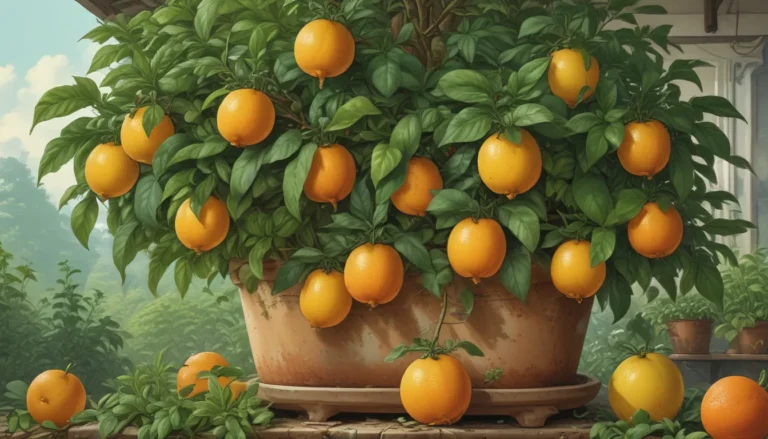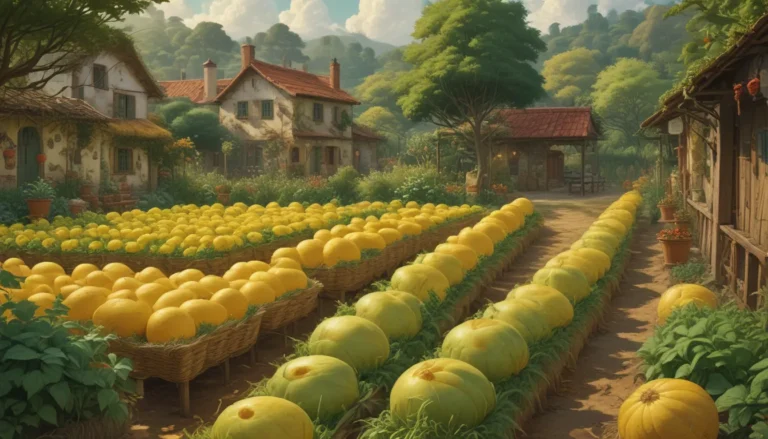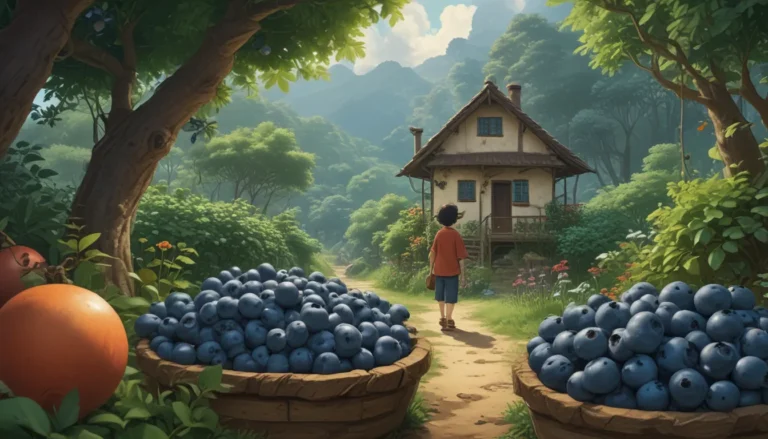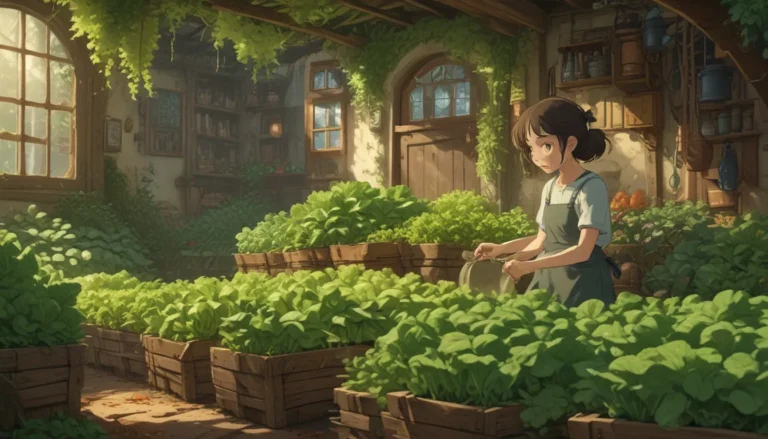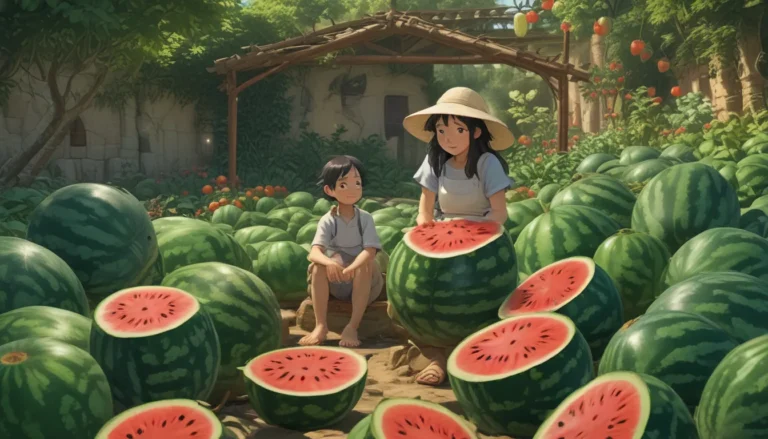The Ultimate Guide to Using Straw Mulch in Your Vegetable Garden
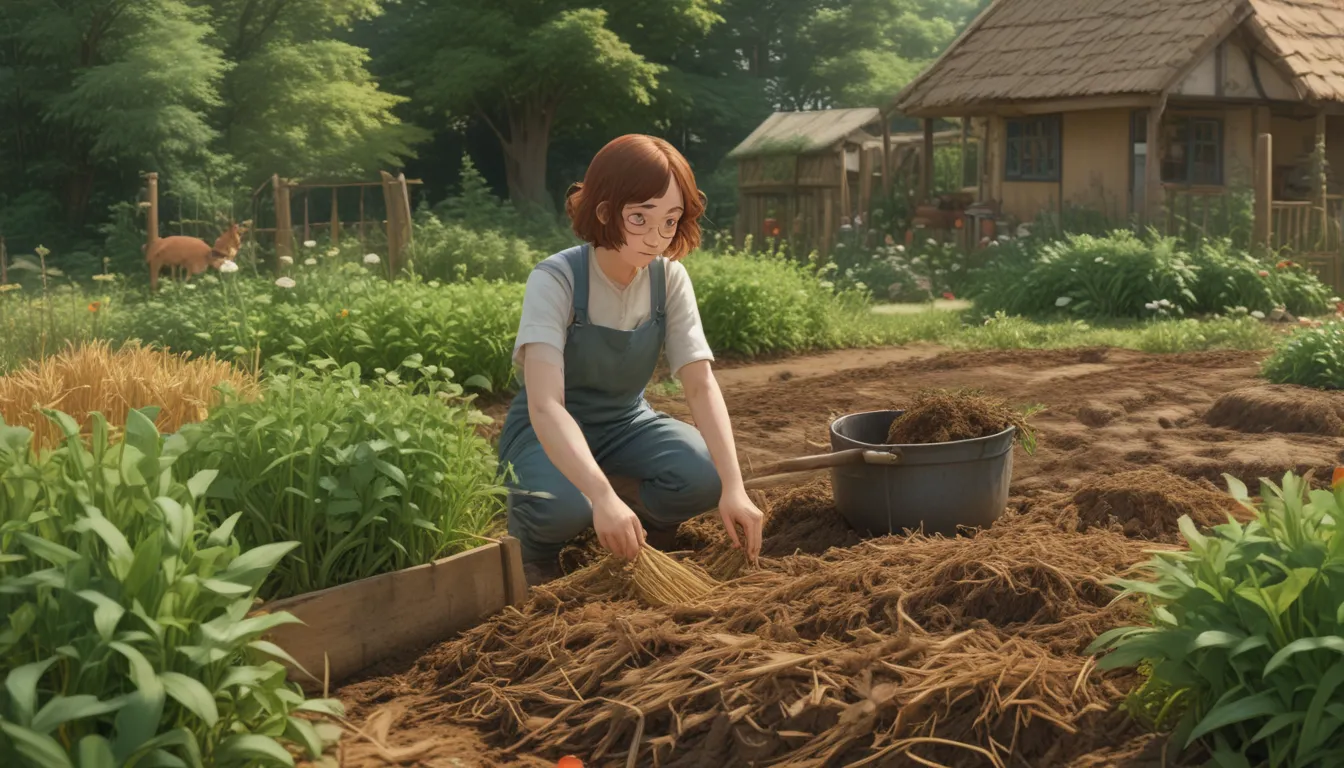
Are you looking to take your veggie garden to the next level? Mulching is a fantastic way to ensure your plants thrive while saving you time and effort. One of the best materials for mulching your vegetable garden is straw. In this comprehensive guide, we’ll explore everything you need to know about using straw mulch in your garden.
The Magic of Straw Mulch
Before we delve into the benefits of using straw mulch in your vegetable garden, let’s first understand what straw actually is. Straw refers to the dry stalks left behind after crops like barley, rice, oats, or wheat have been harvested. These stalks are then dried and bundled into bales that can be used as mulch in your garden.
Benefits of Using Straw Mulch:
- Lock in Moisture: Straw helps to keep the soil evenly moist, reducing the need for frequent watering. This is especially beneficial during dry spells or floods.
- Regulate Soil Temperatures: Mulching with straw acts as an insulating layer, keeping soil temperatures stable. This promotes healthier plants and extends the growing season.
- Less Time Weeding: By blocking sunlight from reaching the soil, straw mulch reduces weed growth significantly, cutting down on your weeding time.
- Protect and Build Soil: Straw provides protection to microorganisms and beneficial insects in the soil, reduces erosion, and helps improve soil health over time.
Why Choose Straw Mulch
While there are various materials you can use for mulching, here’s why straw stands out as an excellent choice for your vegetable garden:
- Availability: Straw is readily available from local farms and garden centers.
- Cost-Effective: It is light, easy to work with, and fairly inexpensive.
- Weed Prevention: Since straw is a byproduct of crops that have had seed heads removed, it tends to be low in weed seeds.
- Environmental Benefits: Unlike plastic mulch, straw is a renewable resource that breaks down, adding nutrients to the soil over time.
In comparison to hay, which is more likely to contain weeds and invasive plants, or bark, which decomposes slowly and ties up soil nitrogen, straw emerges as a versatile and advantageous mulching material for your vegetable garden.
Tips for Using Straw Mulch
Here are some tips for effectively using straw mulch in your vegetable garden:
- Prepare the Soil: Before mulching, add organic materials like compost or aged manure to ensure the soil is balanced.
- Apply the Mulch: Spread a thick layer of straw mulch between plants and in the walkways, leaving space around plant stems for airflow.
- Maintain the Mulch: You can use straw mulch to cover fallow beds or protect your garden during the winter. You can either reuse the mulch by pushing it to the side or compost it once you’re done.
Remember to source your straw from a reputable vendor who provides weed-free and pesticide-free products, especially if you follow organic gardening practices.
Conclusion
Using straw mulch in your vegetable garden can have a significant impact on plant health, soil quality, and your gardening workload. By understanding the benefits of straw mulch and following these practical tips for application, you can create a thriving vegetable garden with minimal effort.
Have you tried mulching your veggie garden with straw before? Share your experience in the comments below!
For more ideas on improving soil health and reducing labor through mulching, check out these articles:
- How to Grow Potatoes in Straw
- Composting Autumn Leaves: How to Use Leaves for Compost and Mulch
- Try Our Tips to Get Started with No Till Gardening
- How to Use Eggshells in the Garden for Soil, Compost, and Pest Control
Incorporating straw mulch into your vegetable garden can revolutionize your gardening experience. Give it a try this season and reap the benefits of healthier plants and reduced maintenance.
Remember, a healthy garden starts with good soil, and mulching with straw is a fantastic way to nurture your plants from the ground up.
Keywords:
- mulching
- vegetable garden
- straw mulch
- benefits of mulching
- gardening tips
- organic gardening
- soil health
- weed prevention
- sustainable gardening
